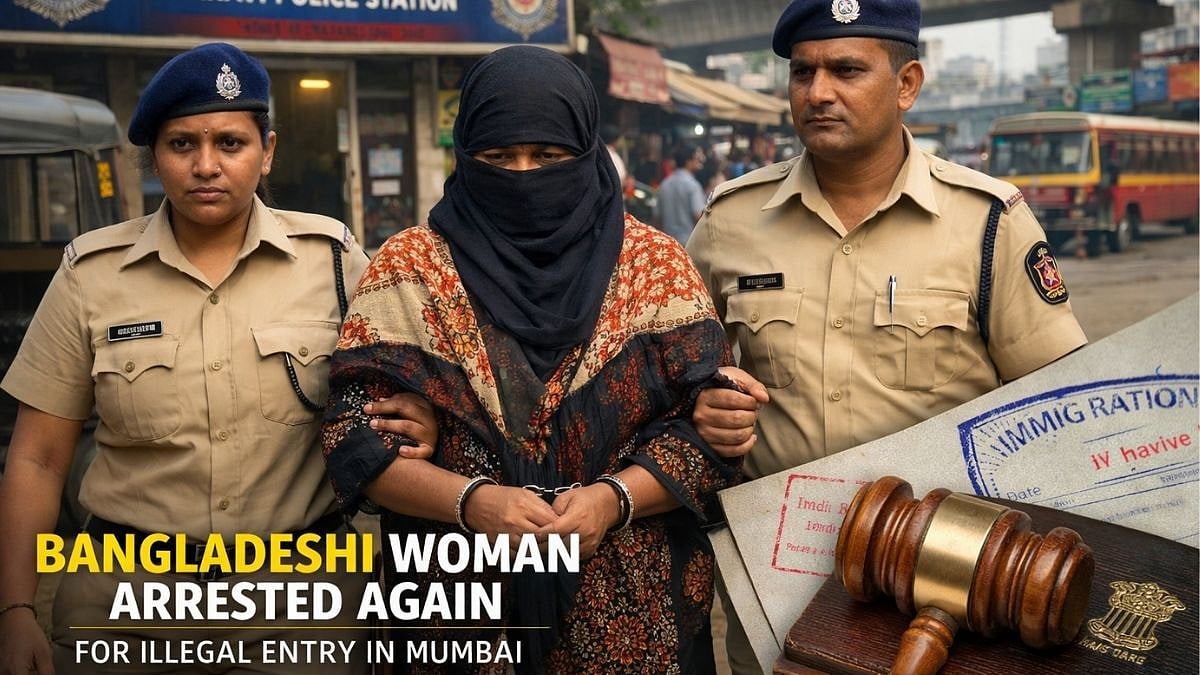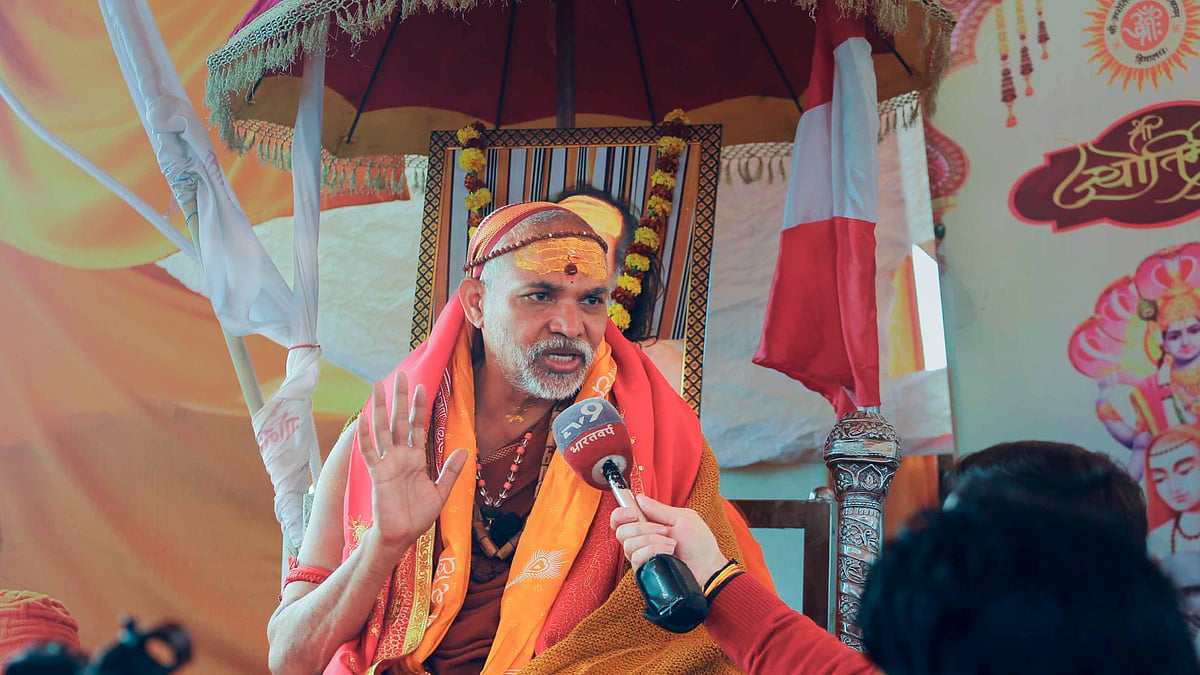New Delhi
The Supreme Court on Tuesday slammed the Sahara Group”s “mindgames” to nudge its two judges who sent its chairman Subrata Roy to judicial lockup to recuse from hearing its petition and thus get more sympathetic judges for further hearing.
In its 207-page verdict rejecting the habeas corpus petition, the Bench of Justices K S Radhakrishnan and J S Khehar spent 14 pages on whether it would be better to let another Bench hear the case and wondered whether “theatrics” of some of the senior counsel like Ram Jethmalani and Rajeev Dhawan were to gain time if a new Bench is constituted.
The Bench noted that both the judges had rendered separate judgments on August 31, 2012, concurring with one another, when they had the occasion to minutely examine numerous exchanges between the rival parties and that had resulted in different kind of understanding about the controversy. The contempt of court was initiated only for defiance of this judgment to refund money to the investors.
Noting that “for any other Bench to understand the nuances of the controversy determined through our order dated 31.8.2012 would require prolonged hearing of the matter, months of time, just in the same manner as we had taken…would have to be spent again,” the Bench said possibly the counsel seeking their recusal were consciously aimed at this objective. “For the same of saving precious time of this Court that we decided to bear the brunt and the rhetoric of some of the learned senior counsel representing the petitioner. We are, therefore, satisfied that it would not be better for another Bench to hear this case,” the Bench ruled.
It noted how senior advocate Ram Jethmalani appearing for Subrata Roy warned the judges on March 12 to better recuse lest his submissions “discomfort and embarrass us as well.” The Bench felt nothing would humiliate or discomfort its judges by putting them to shame and correction of a wrong order, if that be so, would certainly not put them to shame.
When the Bench declared its determination to hear the matter, Jethmalani was more forthright that his client had “apprehensions of prejudice.” The judgment says his colleague Dr Rajeev Dhawan came out all guns blazing with a query whether the Court had made a mistake, serious enough, giving rise to a presumption of bias. “It sounded like an insinuation,” the Bench said.
It said Jethmalani went further, asking the Bench to accept its mistake in ordering the arrest and detention of Roy violating his rights under Article 21 and acknowledge the “human error” in its March 4 order to send him to the judicial custody. Dr Dhawan even described it as a “draconian order.”
The Bench noted that “seriousness of the submissions apart, none of them, even remotely, demonstrated “bias.”
It also noted senior advocate Arvind Datar telling the Bench that it was being arm-twisted and drawing its attention to the bottom of the petition as signed and approved by five senior advocates: Jethmalani, Dhawan, Rakesh Dwivedi, S Ganesh, and Ravi Shankar Prasad. The Bench recorded that Datar went on record that “this is the first petition he has seen in his entire professional career, which is settled by five senior counsel, all of them of recognised eminence.”




